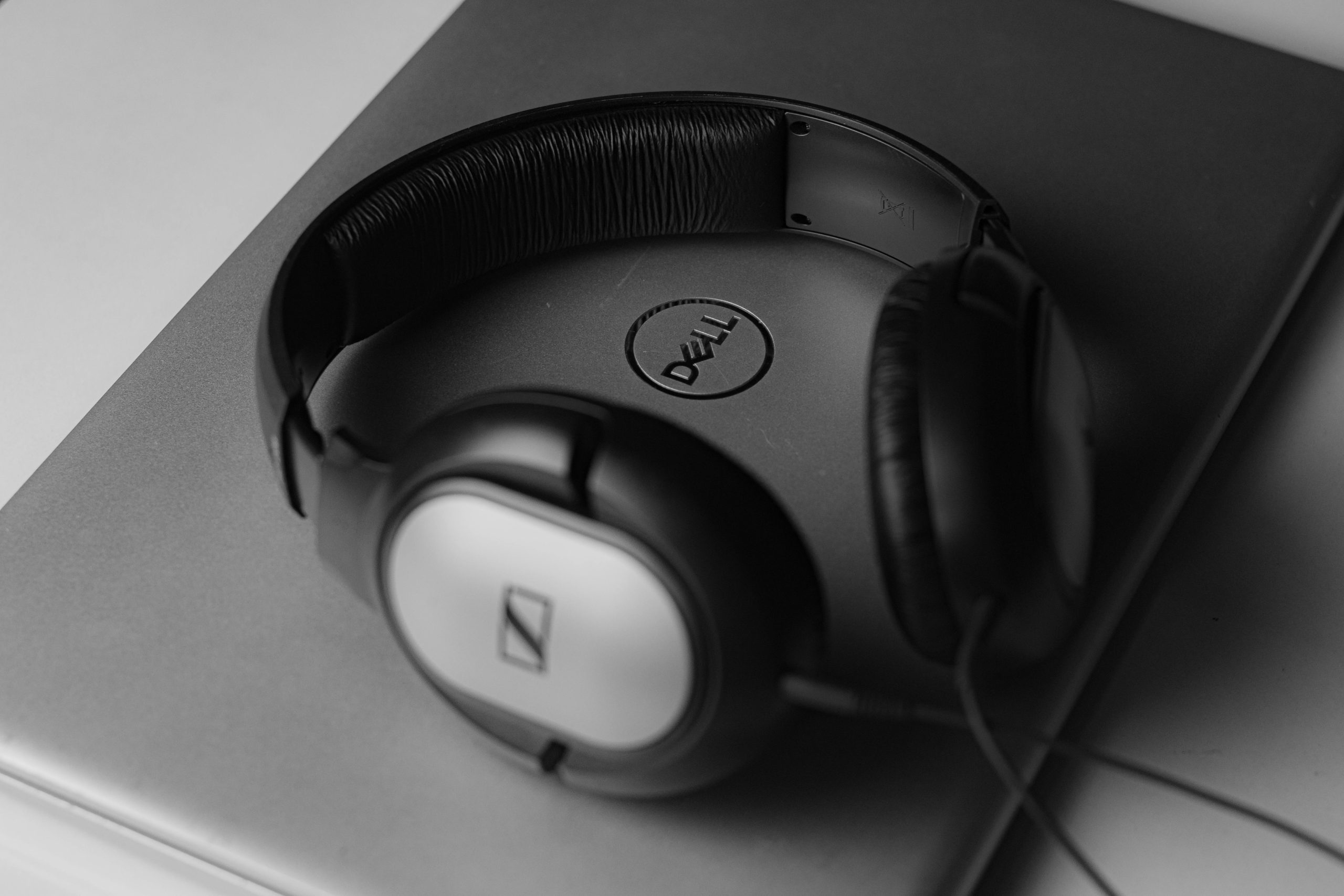Troubleshooting Ticking Sounds from Your New Laptop: A Guide for Dell Latitude 7430 Users
If you’ve recently acquired a Dell Latitude 7430 and are experiencing a perplexing ticking or clicking noise, you’re not alone. Many users have reported similar auditory disturbances, which can be concerning especially in a newly issued device. Here’s a comprehensive look at what might be causing this issue and how you can address it without immediately resorting to professional service.
Understanding the Noise
The sound you’re hearing could be described as a faint, scratchy ticking—imagine the steady tick of a clock, but with unpredictable intervals that range from mere seconds to several minutes. Such noises can understandably lead to concerns about the device’s health, especially when it seems to arise out of nowhere within just a few weeks of use.
Key Insights on the Ticking Sound:
-
Not From the Fan: Since the noise is present even when the fan isn’t running, it’s unlikely that the fan is the source.
-
Unrelated to Speakers: Disabling the speakers doesn’t stop the ticking, suggesting they are not the culprit either.
-
No Correlation with Performance: You’ve observed that the noise doesn’t correlate with high CPU or disk activity, making it even more puzzling.
-
Occurs During Use: Interestingly, it seems to only happen while you’re logged in and actively working, not when the laptop is idle. This could indicate a potential issue that’s related to active processes or connections.
Possible Causes
While it’s challenging to pinpoint the exact cause without further investigation, there are a few possibilities to consider:
-
Internal Components: Sometimes, the noise could result from mechanical components like a hard drive or even other internal parts bouncing against each other. Although SSDs are silent by design, other components may still produce sound under certain conditions.
-
Loose Components: A loose screw or a misaligned component could produce intermittent noises, especially if they vibrate during use.
-
Software Interference: In rare cases, certain background processes might cause hardware to react unusually, leading to sounds that are otherwise absent.
What to Do Next
Before escalating the issue to your IT department or requesting a service technician, consider a few self-diagnostic steps:
- Check for Loose Parts: If you’re comfortable doing so, gently inspect the exterior and underside of the laptop to ensure everything is secure.
2
Share this content:




Thank you for sharing the detailed information about the clicking noise on your Dell Latitude 7430. Based on your description, it appears that the issue might be related to internal components or hardware vibrations rather than the fan or speakers. Here are some steps you can try to further diagnose and potentially resolve the issue:
F12during startup, then select Diagnostics. This can help identify any hardware issues, especially with the hard drive or other internal parts.